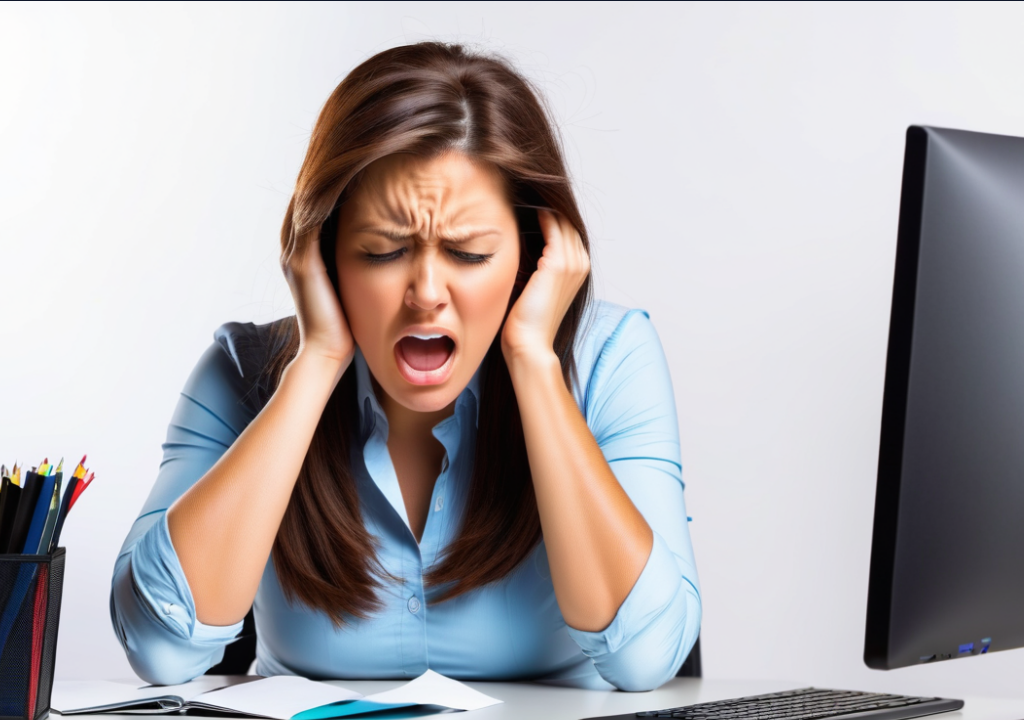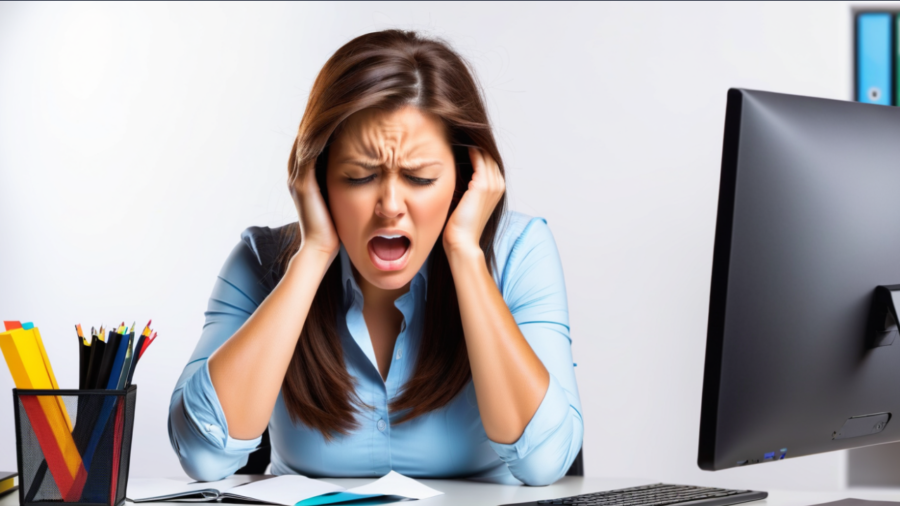
A slow computer can be attributed to various factors, and often it’s a combination of several issues. Here are some common reasons for a slow computer:
- Insufficient RAM (Random Access Memory): If your computer doesn’t have enough RAM, it may struggle to handle multiple tasks simultaneously, leading to slowdowns.
- Low Disk Space: When your hard drive is almost full, it can affect your computer’s performance. Ensure you have enough free space on your hard drive for the operating system to function properly.
- Fragmented Hard Drive: Over time, files on your hard drive can become fragmented, leading to slower read/write speeds. Running a disk defragmentation tool can help optimize file placement on the disk.
- Too Many Background Processes: Some programs and applications run in the background, even if you’re not actively using them. These processes can consume system resources and slow down your computer. Use Task Manager (Windows) or Activity Monitor (Mac) to identify and close unnecessary processes.
- Malware or Viruses: Malicious software can significantly impact your computer’s performance. Regularly scan your system for malware and viruses using a reliable antivirus program.
- Outdated Hardware: Older hardware may struggle to keep up with the demands of modern software. Upgrading components like the CPU, GPU, or hard drive to faster models can improve performance.
- Outdated Software: Ensure that your operating system and all software applications are up to date. Developers release updates to address bugs and improve performance.
- Startup Programs: Too many programs set to launch at startup can slow down your computer’s boot time. Disable unnecessary startup programs to speed up the boot process.
- Browser Extensions: Some browser extensions can consume a significant amount of system resources. Disable or remove extensions that you don’t need.
- Overheating: If your computer is overheating, it may automatically slow down to prevent damage. Ensure that cooling systems (fans, heat sinks) are working correctly and consider cleaning dust from hardware components.
- Failing Hardware: A failing hard drive, faulty RAM, or other hardware issues can cause slowdowns. Use diagnostic tools to check the health of your hardware.
Identifying the specific cause of a slow computer may require some troubleshooting, and it’s often helpful to address multiple factors for optimal performance. Regular maintenance, such as cleaning up unnecessary files and keeping your system updated, can go a long way in preventing slowdowns.


Add a Comment